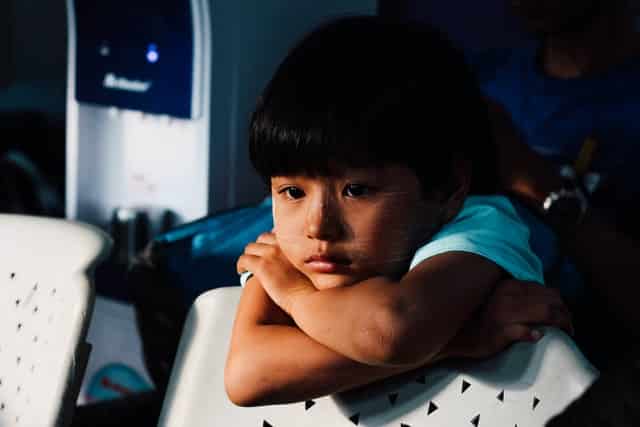Numerous studies have revealed the devastating effects of COVID on children’s education. Research in the US and globally reveals millions of young children are far behind in crucial reading skills. Experts warn the crisis could have long-term consequences for this generation’s future.
The American Case
New surveys from America reveal approximately a third of children in the youngest elementary school grades are missing reading benchmarks. One such study from Virginia reports early reading skills are at a 20-year low in US children, a fact experts labelled “alarming.”
Analysis conducted by consulting firm McKinsey suggests by the end of 2021, American students were four months behind in reading, and five months in maths. Their evaluation predicts that if steps aren’t taken to address unfinished learning, today’s students may earn $49,000-$61,000 less over their lifetime due to COVID impact on schooling. This would equate to $128-188 billion impact on the US economy as the cohort enters the workforce.
Of course, it’s not all about the money either. Youth mental health has been significantly affected by the pandemic, and interrupted schooling is an important factor. OECD data shows young people were 30%-80% more likely than adults to report symptoms of depression or anxiety at the height of the pandemic.

Poor readers are also more likely to drop out of high school, earn less money, become involved in criminal justice system.
Students from historically disadvantaged groups are affected disproportionately. In Boston, 60% of students at some high-poverty schools are at risk of reading problems – double pre-pandemic numbers. McKinsey reports students in majority-Black schools ended 2021 six months behind in both math and reading. Students in majority-white schools ended up just four months behind in math and three months in reading.
Worldwide Spread
Of course, the crisis stretches far beyond America, to all corners of the globe. World Bank figures put 94% of students out of school in 2020’s COVID peak.
In 2021, there were approximately 70 million 10-year-olds worldwide. According to UN data, over 50% of them reached their 10th birthday without being able to read a simple sentence. 11.5 million of them could be unable to read as a direct result of COVID impacts on education.
40% of those children most at risk of severe reading incompetency were from sub-Saharan Africa. Young girls in the region were most significantly affected, with 20 million not expected to return to school, even when education systems return to full functioning.
Teacher Shortages
Teacher shortages were endemic to the reading crisis even before the pandemic, and will only exacerbate these effects now. Massive teaching vacancies plague America, with almost half of public schools experiencing understaffing. Non-competitive wages and Republican crackdowns on curriculum content are pushing more teachers out.
At home in Australia, the Guardian reports over 4000 extra high school teachers will be needed in the next four years. Low pay, heavy workloads and stress – all exacerbated by COVID – are reported as leading causes of educators permanently leaving the profession.
The expected drastic shortfall is not unexpected; in fact, it’s been well-documented for a while now. The looming reading crisis needs well-equipped, properly-compensated teachers to limit far-reaching consequences.
As NSW Teachers Federation Head Angelo Gavrielatos says, “The cause is uncompetitive salaries and unsustainable workloads. If you know the cause, you know the solution. Fix it.”
Cover photo by Ismail Salad Osman Hajji dirir on Unsplash.
Follow Maddie’s journalism journey on Twitter.
Sign Up To Our Free Newsletter